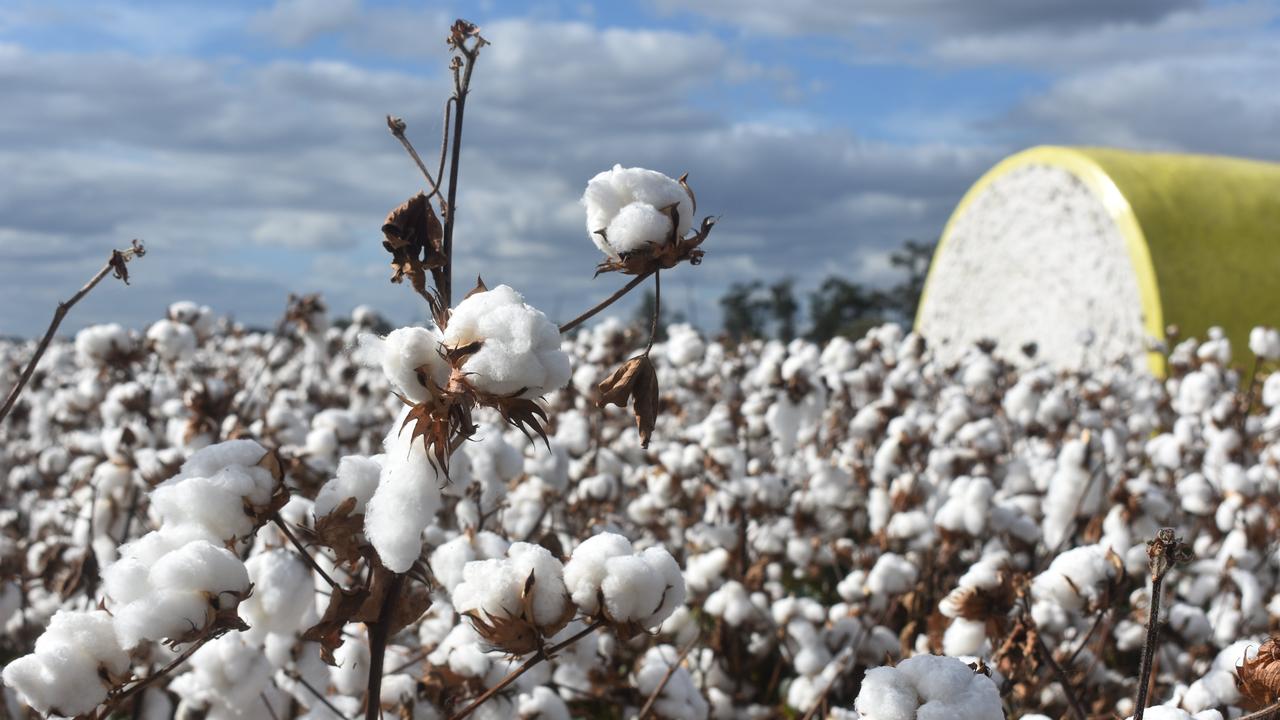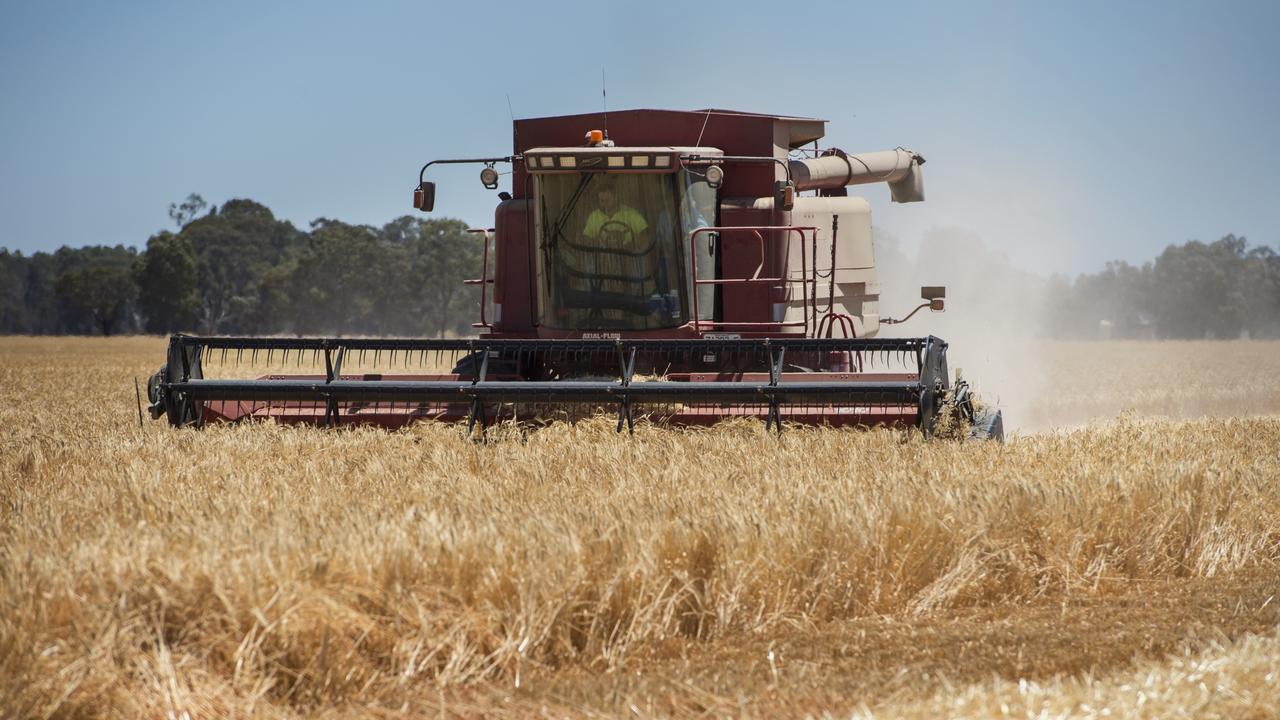Research could help crops’ combat flood risk
Scientists have unlocked a key to help produce flood-tolerant crops to assist improving global food security.

AS the impacts of climate change increase global flooding risks, new research has uncovered how crops could be made resistant to its devastating effects.
According to research released yesterday and published in Proceedings of the National Academy of Sciences of the United States of America, crops could become resistant by manipulating enzymes that control a plant’s response to lower oxygen levels.
With climate change increasing the incidences and intensity of global flooding, which has the ability to affect food security through significant crop loss, the research indicated rice, wheat and barley crops could survive temporary periods of flooding by activating energy pathways that do not rely on air in response to the low oxygen conditions in water.
The responses are controlled by oxygen-sensing enzymes called the plant cysteine oxidases, according to research, which use oxygen to regulate the stability of proteins that control gene activity.
The research describes the molecular structures of the PCOs for the first time, identifying chemical features that are required for enzyme activity.
Co-author Dr Mark White from the University of Sydney said climate change was a “major global issue” especially for its impact on food security.
“We hope these findings can help produce flood-tolerant crops to help mitigate the devastating social and economic impact of extreme weather events on food production,” Dr White said. “The results provide a platform for future efforts to manipulate the enzyme function in an attempt to create flood-resistant crops that can mitigate the impact of extreme weather events.”
MORE: CROPS ‘TOO VALUABLE’ TO LET BORDERS RULES STOP HARVEST


